A little background on problem:
We have an ASP.NET MVC5 Application where we use FlexMonster to show the data in grid. The data source is a stored procedure that brings all the data into the UI grid, and once user clicks on export button, it exports the report to Excel. However, in some cases export to excel is failing. Some of the data has some invalid characters, and it is not possible/feasible to fix the source as suggested here
My approach so far:
EPPlus library fails on initializing the workbook as the input excel file contains some invalid XML characters. I could find that the file is dumped with some invalid character in it. I looked into the possible approaches .
Firstly, I identified the problematic character in the excel file. I first tried to replace the invalid character with blank space manually using Notepad++ and the EPPlus could successfully read the file.
Now using the approaches given in other SO thread here and here, I replaced all possible occurrences of invalid chars. I am using at the moment
XmlConvert.IsXmlChar
method to find out the problematic XML character and replacing with blank space.
I created a sample program where I am trying to work on the problematic excel sheet.
//in main method
String readFile = File.ReadAllText(filePath);
string content = RemoveInvalidXmlChars(readFile);
File.WriteAllText(filePath, content);
//removal of invalid characters
static string RemoveInvalidXmlChars(string inputText)
{
StringBuilder withoutInvalidXmlCharsBuilder = new StringBuilder();
int firstOccurenceOfRealData = inputText.IndexOf("<t>");
int lastOccurenceOfRealData = inputText.LastIndexOf("</t>");
if (firstOccurenceOfRealData < 0 ||
lastOccurenceOfRealData < 0 ||
firstOccurenceOfRealData > lastOccurenceOfRealData)
return inputText;
withoutInvalidXmlCharsBuilder.Append(inputText.Substring(0, firstOccurenceOfRealData));
int remaining = lastOccurenceOfRealData - firstOccurenceOfRealData;
string textToCheckFor = inputText.Substring(firstOccurenceOfRealData, remaining);
foreach (char c in textToCheckFor)
{
withoutInvalidXmlCharsBuilder.Append((XmlConvert.IsXmlChar(c)) ? c : ' ');
}
withoutInvalidXmlCharsBuilder.Append(inputText.Substring(lastOccurenceOfRealData));
return withoutInvalidXmlCharsBuilder.ToString();
}
If I replaces the problematic character manually using notepad++, then the file opens fine in MSExcel. The above mentioned code successfully replaces the same invalid character and writes the content back to the file. However, when I try to open the excel file using MS Excel, it throws an error saying that file may have been corrupted and no content is displayed (snapshots below). Moreover, Following code
var excelPackage = new ExcelPackage(new FileInfo(filePath));
on the file that I updated via Notepad++, throws following exception
"CRC error: the file being extracted appears to be corrupted. Expected 0x7478AABE, Actual 0xE9191E00"}
My Questions:
- Is my approach to modify content this way correct?
- If yes, How can I write updated string to an Excel file?
- If my approach is wrong then, How can I proceed to get rid of invalid XML chars?
Errors shown on opening file (without invalid XML char):
First Pop up
When I click on yes
Thanks in advance !


